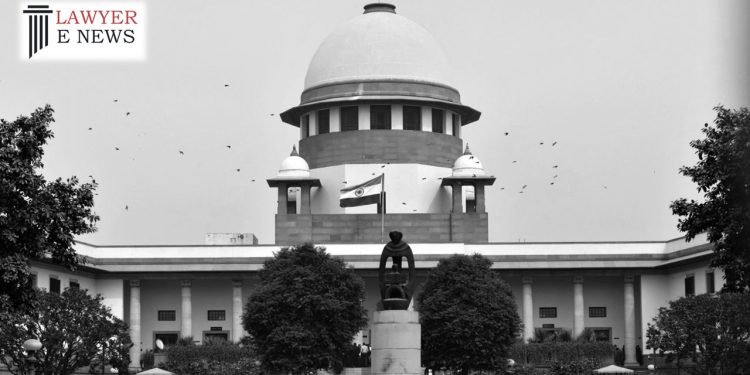Government Aided School Hold Principal Beyond Retirement Age – Grant Withheld – Supreme Court

Supreme Court held in the recent Judgement that (THE STATE OF GUJARAT & ORS. Vs H. B. KAPADIA EDUCATION TRUST & ANR D.D 21 Feb 2023) that Minority educational institutions, like the respondents, cannot continue employees beyond the age of 58 or 60, and if they do, they cannot receive grants from the government. Grant-in-Aid Code applies to all registered secondary education institutions receiving grants, and they are subject to its restrictions.
Facts
A Jain minority institution ran a government-aided school and sought permission from the government to continue employing their principal beyond the age of 60. The DEO granted the permission to continue him as the Principal up to the age of 60 years on the condition that his salary would be paid by the Institution. When the institution sought further extension of the principal’s service, it was rejected by the DEO, leading to a writ petition being filed by the institution. The single bench of the High Court allowed the writ petition, holding that the institution had the right to continue the principal’s employment and that the government was obliged to pay the grant towards his salary. The Division Bench dismissed the government’s appeal against this decision.
Observed and Held
Supreme Court observed that Article 30(1) establishes the right of minorities to establish and administer educational institutions. The Gujarat Secondary Education Act provides for the regulation of secondary education in Gujarat and includes regulations related to the superannuation of employees in registered secondary schools.
Further observed that according to para 81.1 of the Grant-in-Aid Code, secondary school teachers receiving grant-in-aid usually retire at the age of 58. Management can grant extensions to teachers up to the age of 60, as per para 81.2. Minority educational institutions, like the respondents, cannot continue employees beyond the age of 58 or 60, and if they do, they cannot receive grants from the government. Grant-in-Aid Code applies to all registered secondary education institutions receiving grants, and they are subject to its restrictions.
Supreme Court held that the provisions of the Grant-in-Aid Code apply to all secondary schools, regardless of whether they are established and administered by the minority or not. Respondents cannot claim the right to receive aid from the government outside of the Code’s provisions.
Supreme Court further held that the State did not discriminate against the respondent institution on the ground that it was under the management of a minority, attracting Article 30(2) of the Constitution of India. The High Court committed a gross error in holding that the respondent-institute had a right to continue the principal of its school beyond his age of 60 years. Appeal Allowed.
THE STATE OF GUJARAT & ORS. Vs H. B. KAPADIA EDUCATION TRUST & ANR






